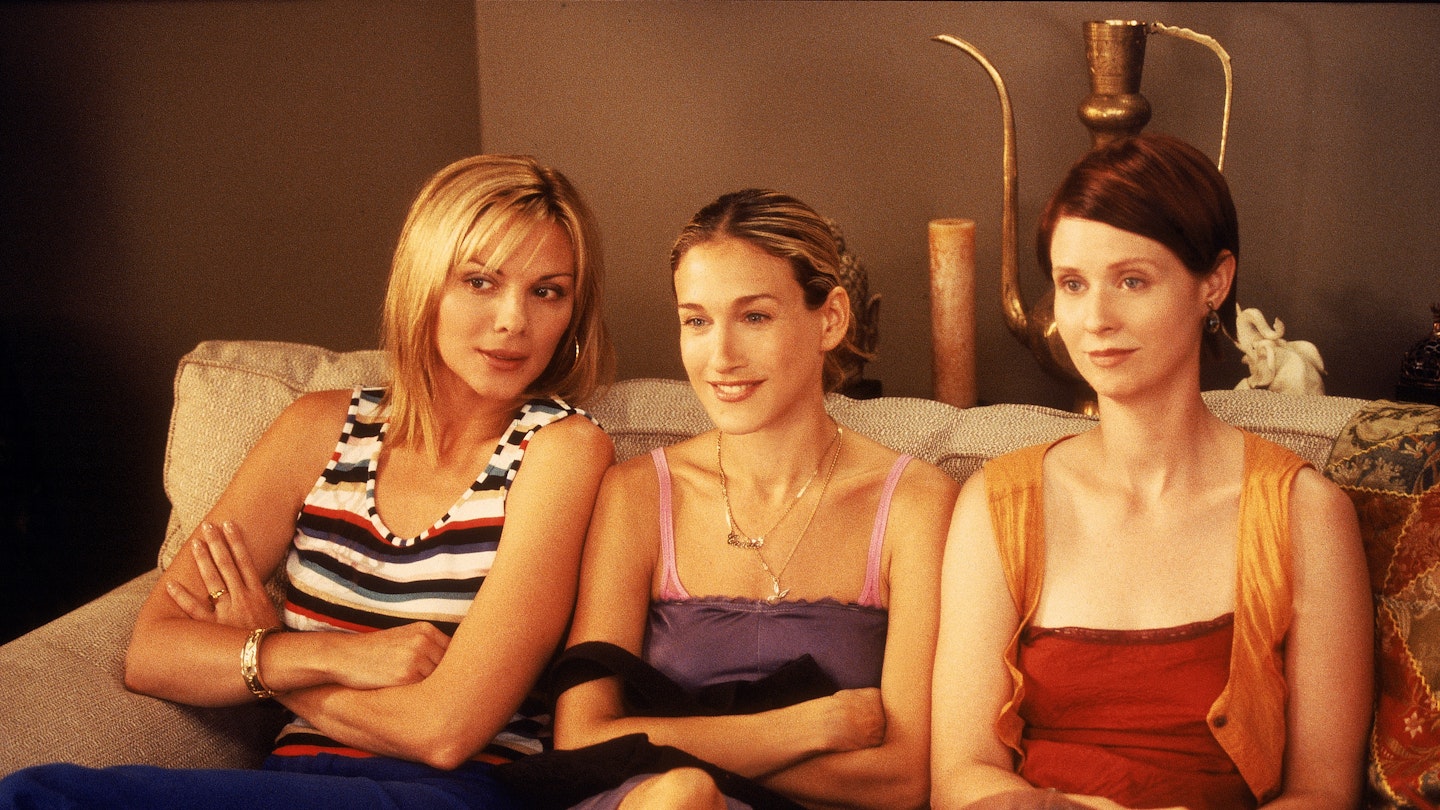How often do you hold doors open for people? Would you help someone with a pram get down steps? Are you sure to give up your seat on public transport to someone who needs it more? What about giving money to the homeless?
You may have mentally ticked ‘yes’ to most of these (and good for you). You also make sure that you carry out small acts of kindess each day, such as offering to pick up coffee for your colleagues in the morning, and you ensure that you're always polite, even to strangers. However, it seems our perception of our 'niceness' isn't wholly accurate.
A study has found that while 98 percent of British people regard themselves as being part of the ‘nicer’ 50 percent of the population, many actually aren't as nice as they think.
To uncover how 'nice' Britain is, psychologists from Goldsmiths University of London gave the participants of their study a list of ‘nice’ behaviours and asked them to recognise which of them they do frequently and which they do not. The top ‘nice’ behaviours included giving directions to strangers, holding doors open for strangers and giving up their seat on public transport. However, two thirds of participants admitted that they don’t help people carrying heavy shopping bags and five-sixths infrequently give money to strangers. What’s more, the study found that only a quarter of people often help elderly people across the road or give blood.
When giving their answers, the facial expressions of the participants were monitored by a technology called Facereader, which can detect minute changes of expression, such as the pursing of the lips and furrowing of the brow – expressions which are not identifiable by the human eye.
What the study found is that a person’s perception of their own niceness may not align with how nice they actually are. ‘We observed a really interesting result in relation to people's ratings of how nice they are, and how they scored on validated measures of individual differences,’ said Professor Jonathan Freedman who led the study.
‘More than half of participants who rated themselves as the second-highest level of nice scored below the sample average on agreeableness - so people think they’re nicer than they really may be.'
Interestingly, the study also concluded that if someone thinks they are nice they are more likely to live a richer life, even if they are not actually very nice at all. ‘Our study shows that participants who report that they are ‘nice’ scored higher on emotional intelligence – which can help them deal better with stress and chaos in their lives,’ said Freedman.
Also explored in the study is what makes people ‘lose their nice.’ It was found that 73 percent of people are likely to snap out of being nice when dealing with rude people, and 46 percent will lose it over noise-based stress.
READ MORE: Always Late? Science Says It Means You Are More Successful
READ MORE: Brits Spend 79 Minutes A Day Editing Instagrams While On Holiday
